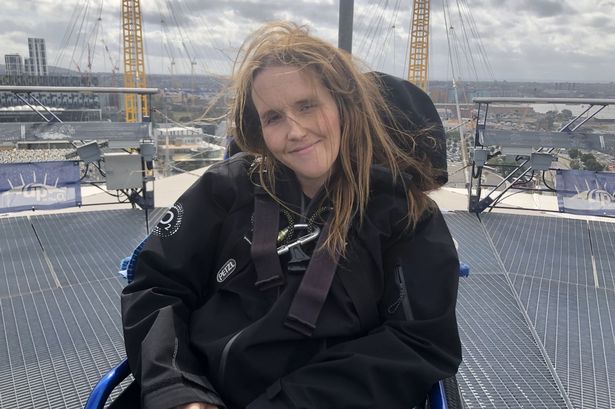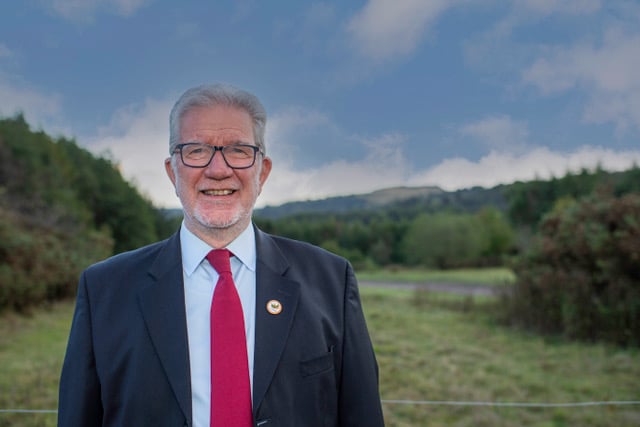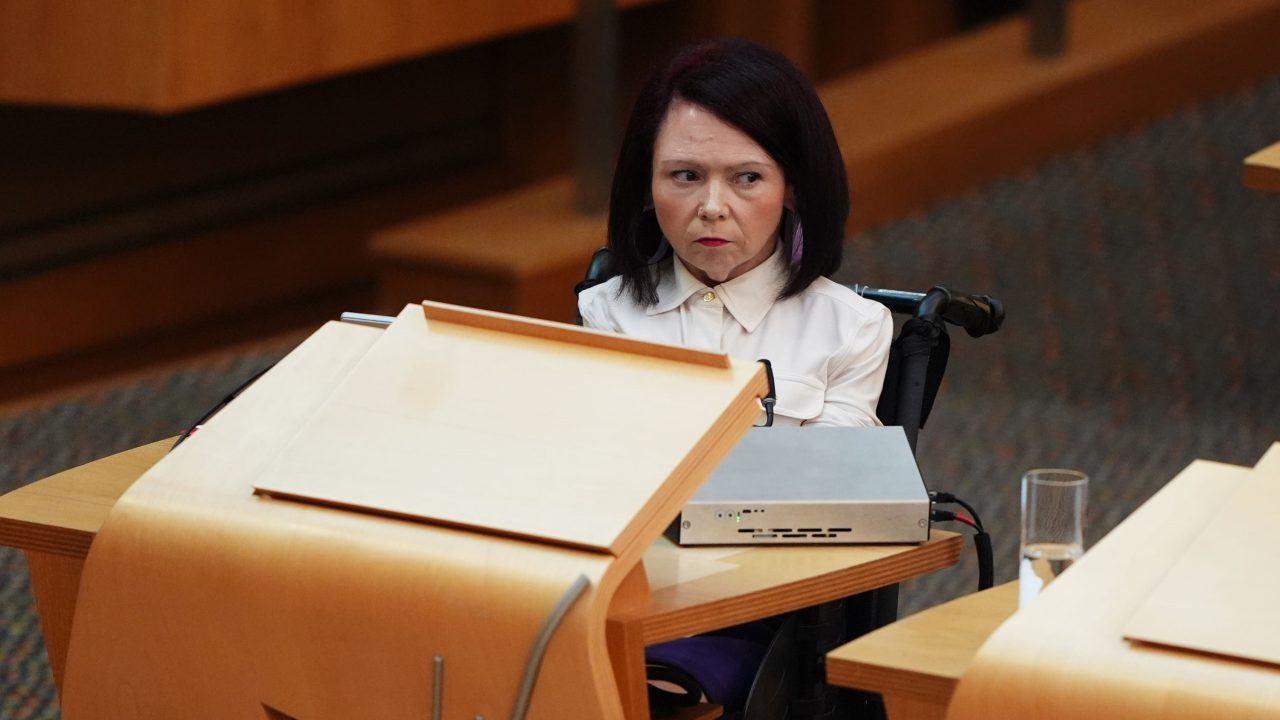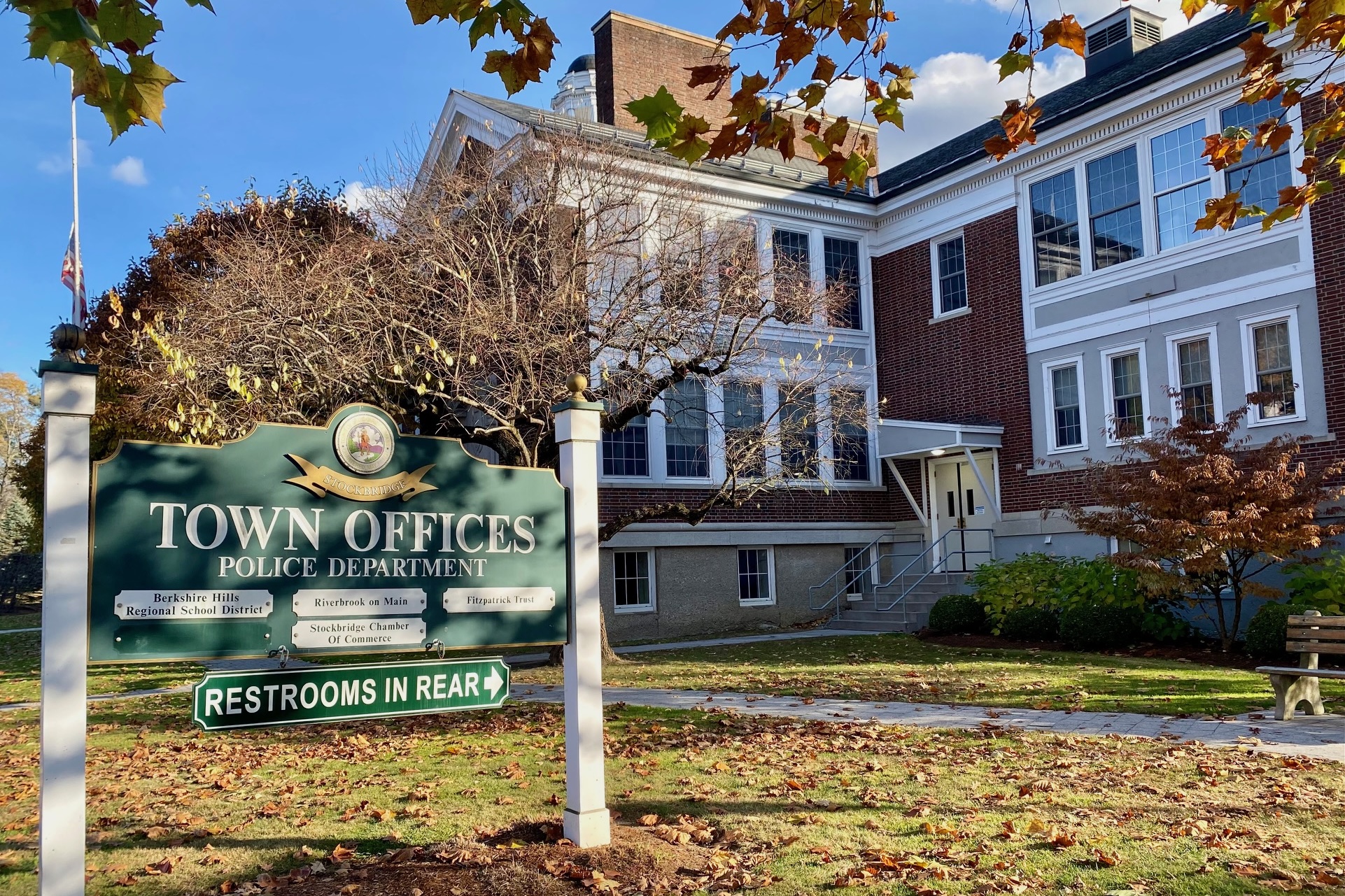A disabled woman was denied access to a wheelchair space on a London bus due to two mothers with buggies refusing to move. The incident occurred on the 432 Arriva bus on November 7, 2025, as Maria Whitefield, 38, attempted to board en route to a hospital appointment. Despite her rightful priority, the situation escalated into a prolonged standoff that ultimately resulted in her missing the appointment.
Whitefield shared footage of the confrontation, which lasted approximately 20 minutes, illustrating her attempts to persuade the mothers to fold their buggies to accommodate her wheelchair. “Wheelchairs are a priority,” she can be heard stating in the video, to which one mother replied, “he’s a priority too.” The exchange highlights the tension around shared public spaces and accessibility.
According to the Transport for London (TfL) regulations, wheelchair users are granted priority access to designated spaces on buses, as these areas are the only safe zones for their travel. The regulations, upheld by a ruling from the Supreme High Court, underscore the necessity for public compliance to ensure accessibility for all.
Despite the clear guidelines, Whitefield reported a lack of intervention from both the bus driver and other passengers during the incident. “No one was helping,” she said, expressing frustration over the inaction that allowed the situation to continue unaddressed. “I was sitting there filming the situation. No one was speaking up for me or helping me.”
The disruption caused Whitefield to miss her hospital appointment, forcing her to reschedule for a later date. “I had to wait about 12 to 18 minutes for the next bus. I was late for the appointment, and they had to reschedule it,” she explained. “I don’t choose to be in a wheelchair; I can’t fold my wheelchair. They can fold their buggies.”
In response to the incident, TfL has issued an apology to Whitefield and reiterated that wheelchair users have priority access to designated spaces. A spokesperson for TfL stated, “We apologise to Ms. Whitefield for her recent experience and appreciate the inconvenience and upset it caused her.” The organization emphasized its commitment to ensuring that all bus drivers understand and uphold these regulations through ongoing training.
Despite this, Whitefield expressed disappointment over the lack of accountability from both TfL and Arriva. She has filed complaints with both organizations but claims she has not received adequate follow-up. “I hoped either TfL or Arriva would respond to the video, but they haven’t,” she stated, advocating for better enforcement of the rules.
The video of the incident, shared on TikTok, has garnered over two million views, eliciting mixed reactions from viewers. Some commenters were supportive of Whitefield’s plight, while others defended the mothers with buggies. This divergence in opinion highlights the complexity of shared public spaces and the challenges faced by individuals with disabilities.
Whitefield’s experience raises broader questions about how public transport systems accommodate the needs of all passengers. As cities strive to become more inclusive, incidents like this serve as a reminder of the ongoing challenges faced by disabled individuals in accessing essential services.
The continuing dialogue around accessibility emphasizes the need for public awareness and adherence to regulations designed to protect vulnerable members of the community. As Whitefield noted, “People need to take a step in my shoes,” advocating for empathy and understanding in public interactions.







